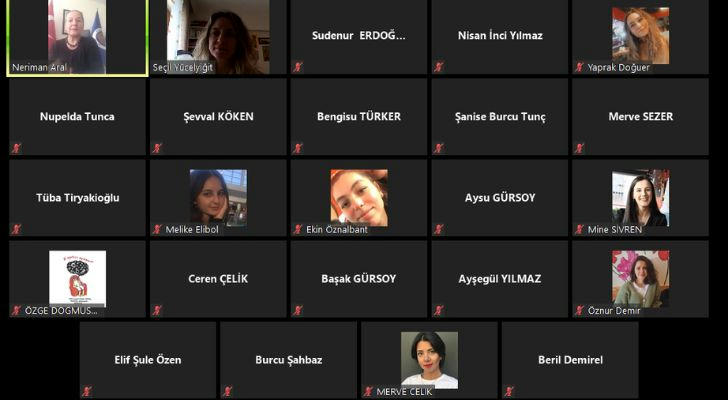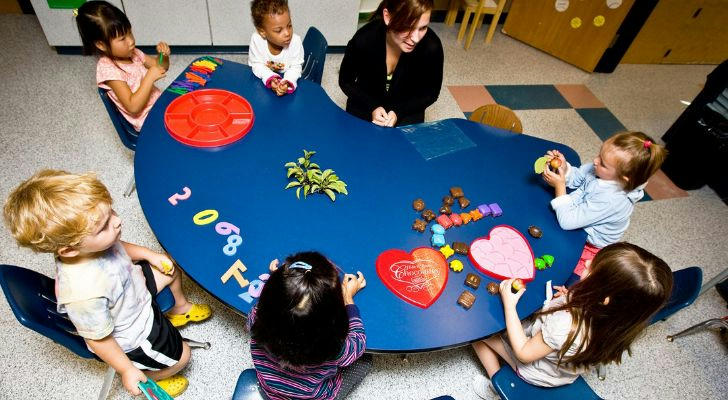The Diversity of Teacher Career Paths Through Early Childhood Education Curriculum

Early childhood education (ECE) curriculum plays a crucial role in the education system, providing a strong foundation for children's development while offering educators diverse career opportunities. As society emphasizes educational quality, teachers face new challenges and opportunities. This article explores the specific content and teaching methods of ECE curricula, the effective use of online learning platforms, and how these elements enhance teacher professional skills.
Specific Content of Early Childhood Education Curriculum
The ECE curriculum is designed for children aged 3 to 6 and encompasses several key areas:
1.Cognitive Development: Activities that promote critical thinking, problem-solving, and early literacy skills. For instance, introducing basic math concepts through games and storytelling helps children develop numerical understanding in a playful manner.
2.Social and Emotional Learning: Programs that focus on emotional regulation, empathy, and cooperation. For example, role-playing exercises can teach children how to recognize and express their feelings, fostering healthier social interactions.
3.Physical Development: Incorporating gross and fine motor skills through activities like dancing, climbing, and arts and crafts. This not only aids physical development but also enhances coordination and creativity. 4.Creative Arts: Encouraging exploration through music, dance, visual arts, and drama. Engaging children in creative activities allows them to express themselves and develop their imaginative skills.
Effective Teaching Methods in Early Childhood Education
To deliver the ECE curriculum effectively, various teaching methods are employed:
1.Play-Based Learning: Central to ECE, this approach uses play as a primary method for children to explore concepts and develop skills. Teachers create engaging play scenarios that facilitate learning through exploratio
2.Differentiated Instruction: Tailoring teaching methods to meet individual children's needs. This could involve using various strategies to ensure that each child, regardless of their skill level, can participate and learn effectively.
3.Hands-On Activities: Learning by doing is critical in ECE. Activities that involve building, crafting, and experimenting help children grasp concepts through practical experience.
4.Storytelling and Interactive Read-Alouds: These methods not only enhance language skills but also promote listening, comprehension, and critical thinking. Teachers can ask open-ended questions during stories to stimulate discussion and reflection.

Utilizing Online Learning Platforms for Professional Development
Online learning platforms offer unique advantages for educators looking to enhance their skills:
1.Flexible Learning: Teachers can access courses at their convenience, allowing them to balance professional development with their teaching responsibilities. This flexibility enables continuous learning without disrupting their schedules.
2.Variety of Courses: Many platforms provide a wide range of courses covering topics from classroom management to specific teaching strategies in ECE. Educators can select courses that align with their interests and professional goals.
3.Interactive and Engaging Formats: Online courses often incorporate videos, discussion forums, and quizzes that enhance engagement. Educators can participate in interactive elements that reinforce learning.
4.Peer Networking: Online platforms often facilitate connections with other educators. This networking can provide valuable insights, ideas, and support from peers facing similar challenges.
Case Studies of Successful Professional Development
Success stories of educators illustrate how online learning has transformed their careers:
1.Ms. Liu's Journey: After taking an online course focused on differentiated instruction, Ms. Liu implemented new strategies in her classroom. By tailoring her lessons to meet diverse student needs, she observed significant improvements in student engagement and learning outcomes.
2.Mr. Chen's Transformation: Mr. Chen, a veteran teacher, explored online resources on social-emotional learning. He integrated these practices into his classroom, resulting in a more positive environment where children felt safe to express themselves. His classroom dynamics improved, leading to higher levels of cooperation among students.
3.Collaborative Projects: Educators who completed online courses often engage in collaborative projects, sharing best practices learned. For example, a group of teachers participated in an online workshop and subsequently designed a community event that showcased their students' creative projects, reinforcing their learning and community engagement.

Future Outlook
As ECE curricula continue to evolve, incorporating innovative elements like artificial intelligence and data analysis will enhance teaching strategies and outcomes. Online learning will play a critical role in preparing educators for these changes, offering resources and support to navigate the shifting landscape of early childhood education.
Conclusion
The early childhood education curriculum not only lays the groundwork for children's growth but also provides expansive avenues for teacher career development. By embracing specific content areas and effective teaching methods, and by utilizing online learning platforms, educators can enhance their professional capabilities. Continuous learning is essential for teachers to adapt to evolving educational landscapes, and a commitment to growth will enable them to meet future challenges and seize opportunities in their careers.
